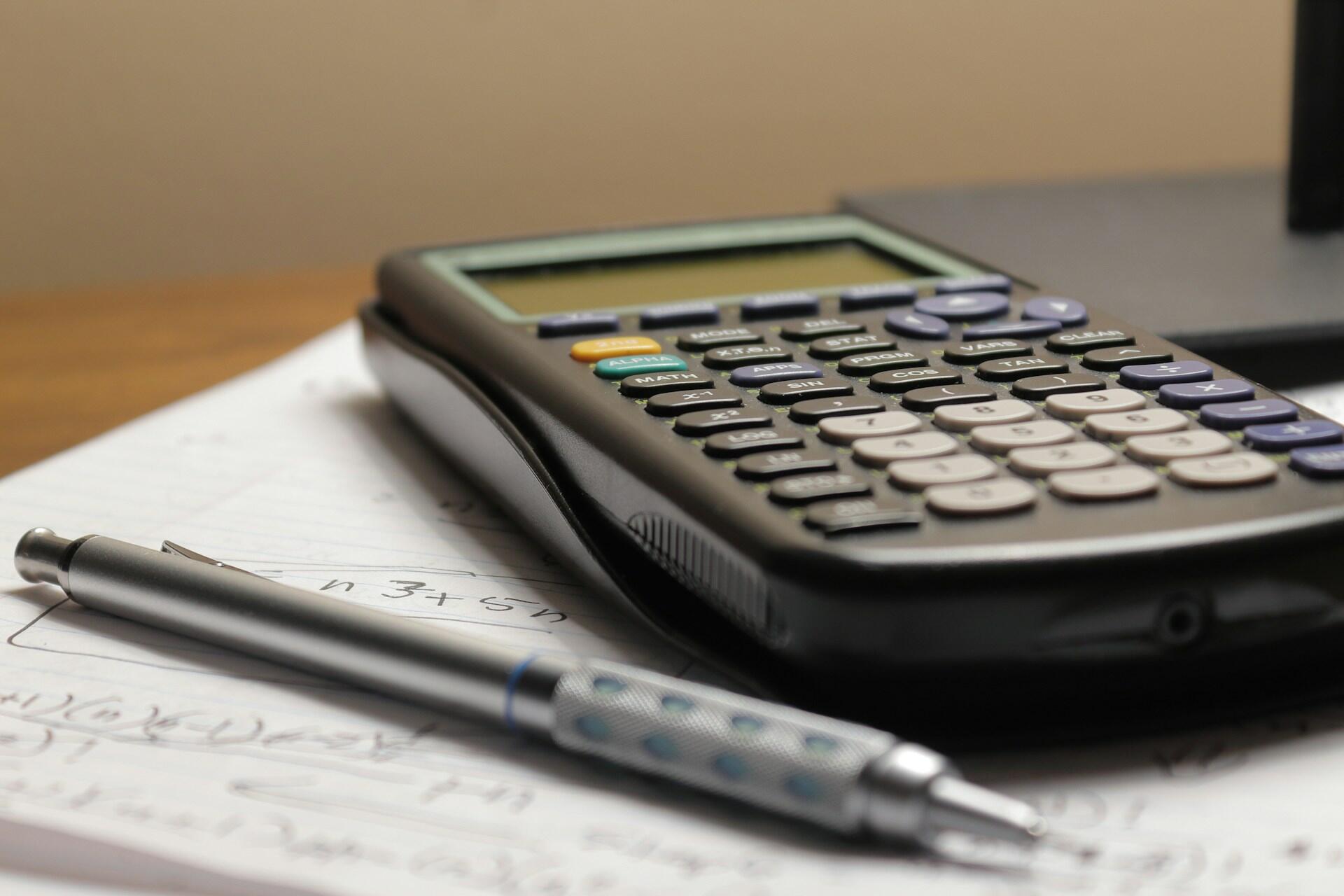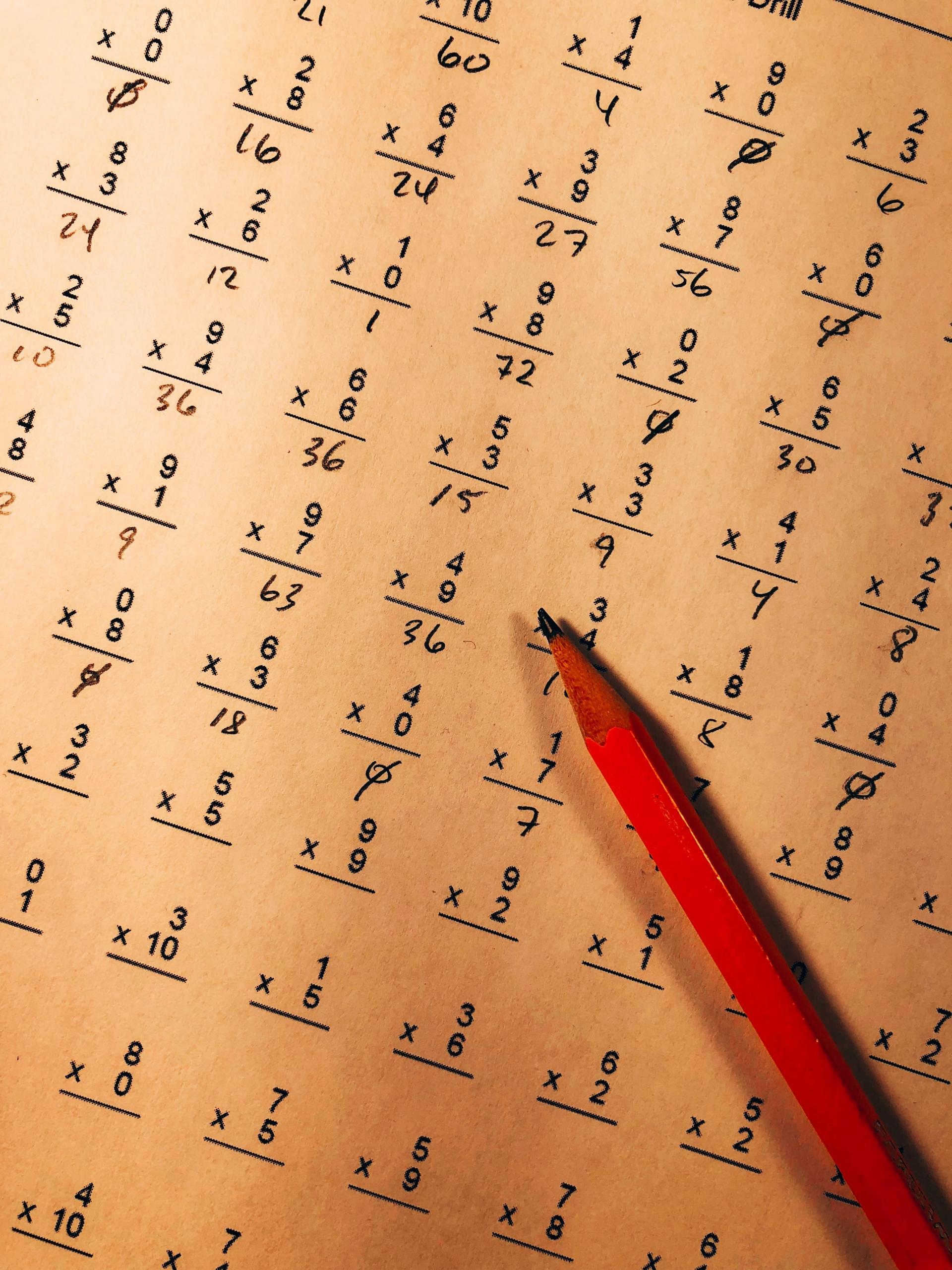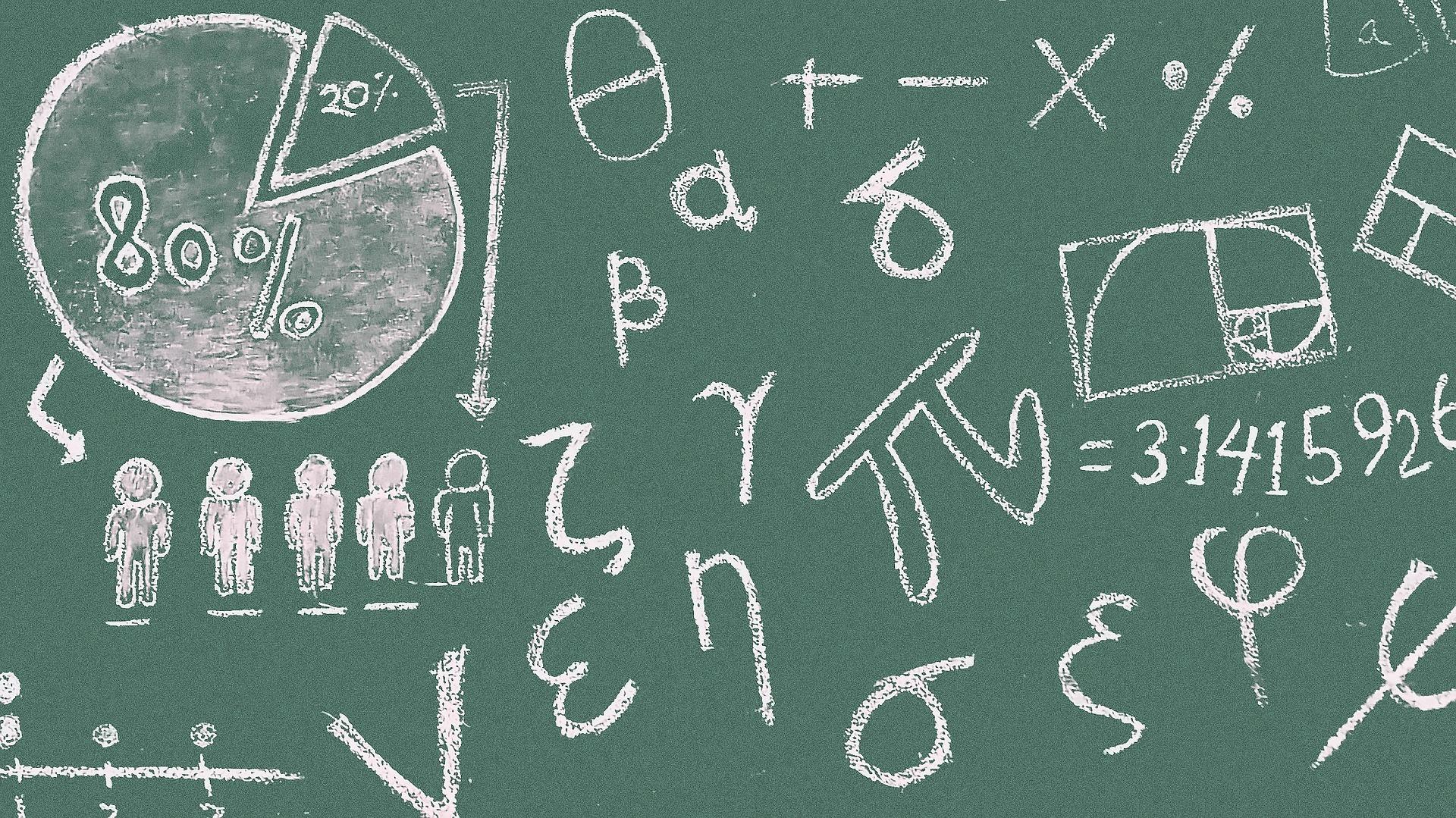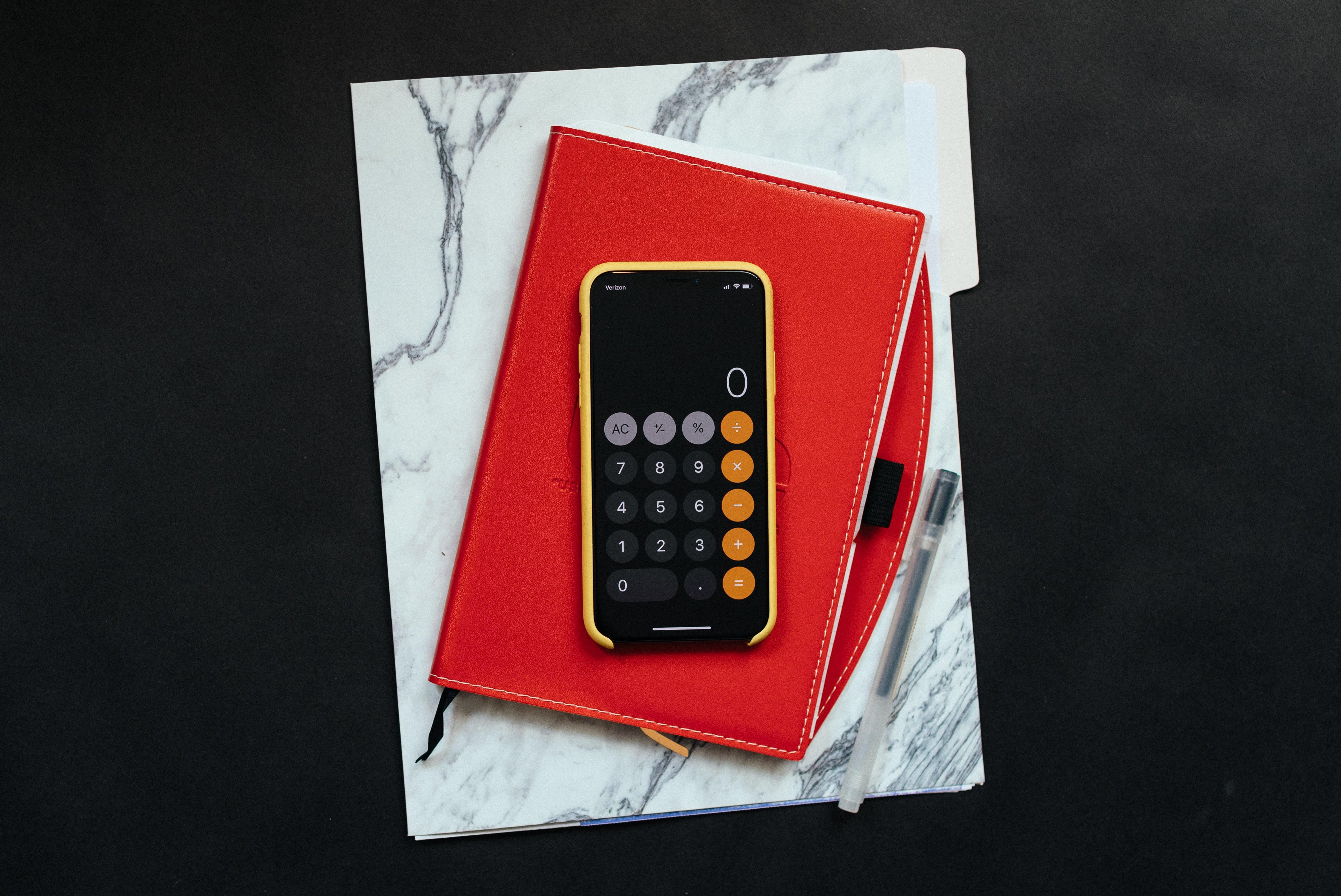For most people, the MCAT is the Medical College Admission Test, but that's not what we're talking about here. Instead, we're talking about the NCEA Level 1 Mathematical Common Assessment Tasks (MCAT). In this article, we'll look at the NCEA system, the MCAT, what it entails, and how you can best prepare for your assessments.
Key Takeaways
- The MCAT NCEA Level 1 exam assesses algebraic reasoning, problem-solving, and clear mathematical working.
- It is an external, non-calculator assessment based on Achievement Standard 91027.
- Students are tested on factorising, solving equations, algebraic manipulation, and showing method.
- Success in NCEA maths depends on strong preparation, exam technique, and organised study.
- Past papers, timed practice, and understanding the standard’s criteria greatly improve performance.
- Support from teachers, peers, or a tutor can strengthen confidence and raise achievement levels.

Understanding NCEA and How NCEA Maths Works
Firstly, NCEA stands for National Certificate of Educational Achievement (NCEA) and it's administered by the NZQA (New Zealand Qualifications Authority). Unfortunately, the acronyms don't end there. The NZQA is responsible for the New Zealand Qualifications Framework (NZQF). This framework encompasses all of the nationally recognised qualifications in New Zealand, including the NCEA. The NCEA qualifications are divided into three levels which generally cover Years 11, 12, and 13 and the qualifications equate to credits.
of secondary schools in New Zealand continue to offer NCEA Level 1.
How Subjects and Courses Work in NCEA Maths
For students in Year 11, English, Mathematics, and Science are the compulsory subjects but there aren't any compulsory subjects in Years 12 and 13. However, some schools will include their own compulsory subjects in Years 12 and 13. Generally, students will choose their NCEA courses based on what they want to do at university and the requirements for their course.
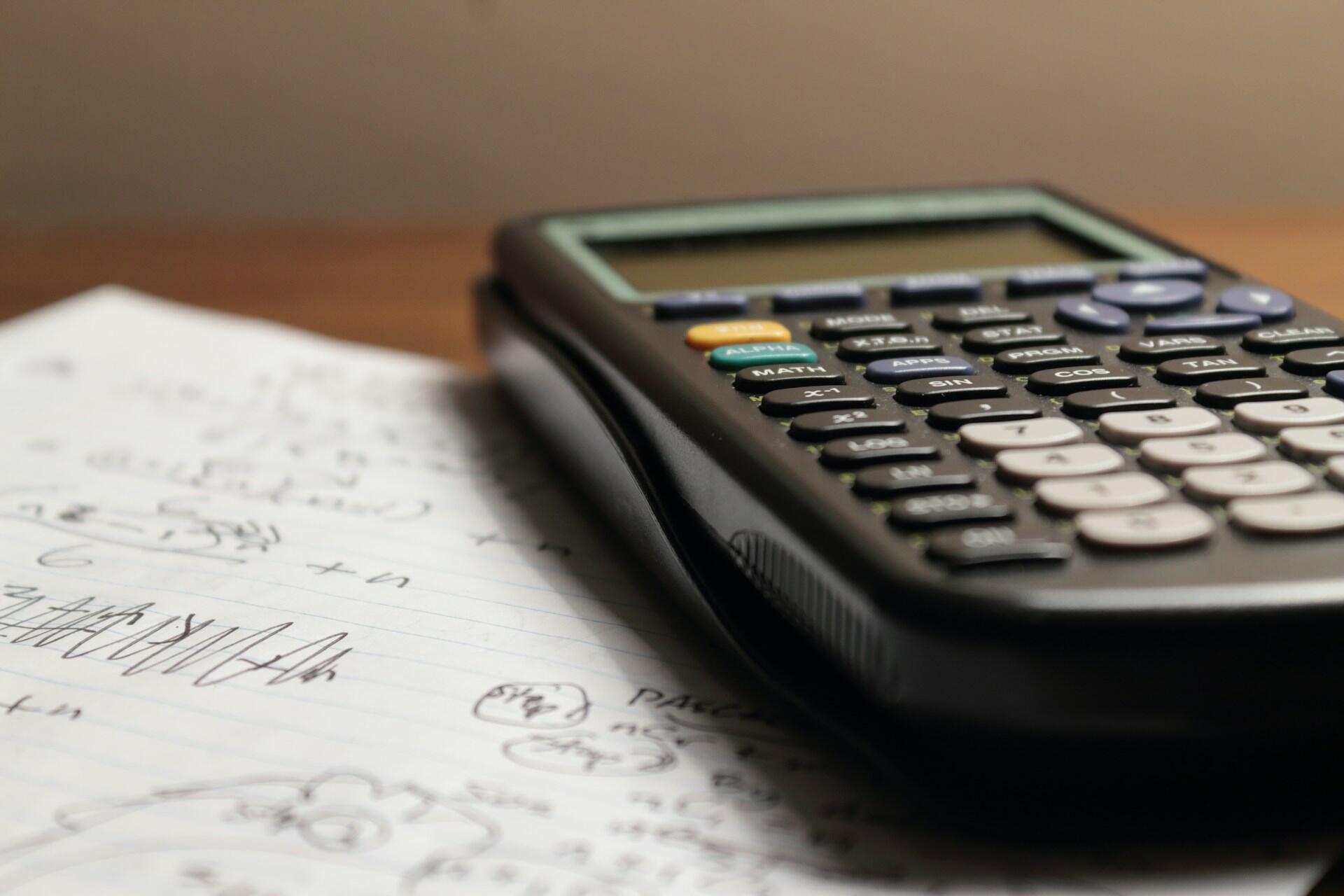
How NCEA Assessments Work: Internals and Externals
For students doing an NCEA, their assessments will either be internally or externally assessed. Internal assessments are run and marked by schools whereas external assessments are marked by the NZQA or a third party. In the case of the MCAT, this is a 60-minute external assessment that's completed without a calculator.
What the MCAT NCEA Level 1 Exam Involves
The MCAT is commonly referred to as an “external” and students in Year 11 usually sit up to 3 externals for each subject. For example, the typical student taking 6 subjects will do a total of 18 different externals. A typical external has 3 or 4 main questions, but these questions may have several parts to them. Each subject is different, and you'll find that maths and science questions feature more component parts than in English and other humanities, where the questions are more likely to be answered in the form of a short essay.
credits to achieve NCEA Level 1, making every external exam, including the MCAT, a meaningful part of a student’s credit pathway.
You'll sit the MCAT exam much like the other NZQA externals, meaning under exam conditions. The conditions are hardly reflective of the real world, and it can be pretty daunting. You won't be allowed to have your bag with you and any phones will need to be turned off or on silent. You'll also have to remove labels from your drink bottle and use a clear pencil case.
Text: The MCAT (Achievement Standard 91027) assesses how well students can apply algebraic procedures, use relational thinking, and show clear mathematical reasoning. It focuses on problem-solving rather than memorised steps, and rewards students who can justify their methods and communicate their working clearly.

How to Prepare Effectively for the MCAT NCEA Level 1 Exam
The best way to start preparing for the MCAT is to find out what you need to know and what will be on your exam. The MCAT is Achievement Standard 91027, which outlines what a particular qualification expects of a candidate. Achievement Standards are specific to each subject and include assessment criteria, assessment methods, assessment levels, and the credits awarded. Make sure to read the Assessment Standard for each subject so you know what you'll be tested on. Your teacher will likely tell you everything that you'll be tested on because it's their job, after all. The MCAT achievement criteria are divided into three levels: achievement, achievement with merit, and achievement with excellence.
Text: MCAT Achievement Standard 91027 is worth four credits toward your NCEA Level 1 qualification. These credits contribute directly to your total Level 1 credit count and can help you reach endorsement when paired with strong internal and external results.
Skills Assessed in the NCEA Level 1 MCAT
The achievement standard outlines a few areas that students need to be familiar with. This includes applying algebraic procedures, relational thinking and extended abstract thinking. Put simply, this means a student needs to be able to answer the mathematical questions put to them by choosing the right approach and showing how they arrived at the answer.
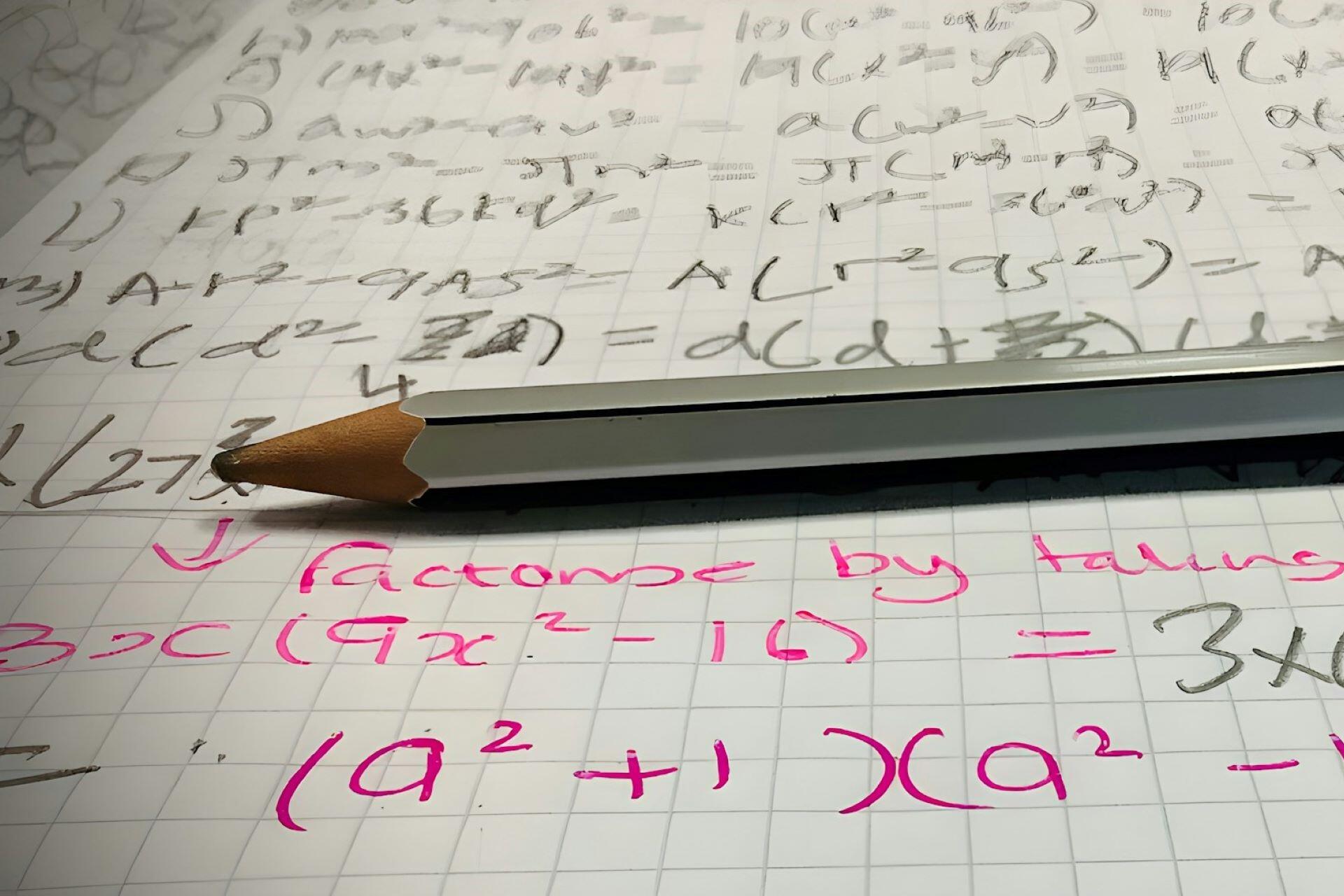
Mathematically speaking, students will be tested on factorising, expanding, and simplifying algebraic expressions; substituting values into formulae; manipulating and simplifying expressions; solving linear and quadratic equations; and solving equations with exponents.
Students won't be allowed "electronic technology" so this means that the exam is done without a calculator or any other device that might have a calculator app, but this also means that you won't need one and as you've seen, you're not being tested on your mental arithmetic.
Text: Since the MCAT is about algebraic understanding, not mental arithmetic, calculators aren’t needed. Every question is designed so that students can work through the logic using manipulation, substitution, expansion, and simplification. Removing calculators ensures the exam tests understanding, not button-pressing.
Organise Your Study for NCEA Maths Success
You may have heard the expression “By failing to prepare, you are preparing to fail” and this applies to any exam or test you have to do. Knowing what's on your exam, studying the relevant areas, and having a plan to achieve your study goals will go a long way toward ensuring you perform to the best of your ability on the day of the exam.
Exam-Day Technique and Practice Strategies
Exams offer an uncomfortable and oppressive set of circumstances to perform to the best of your ability so it's a good idea to get familiar with exam technique and working under exam conditions. Students who are really good at a particular subject can still do poorly on exams because their exam technique lets them down.
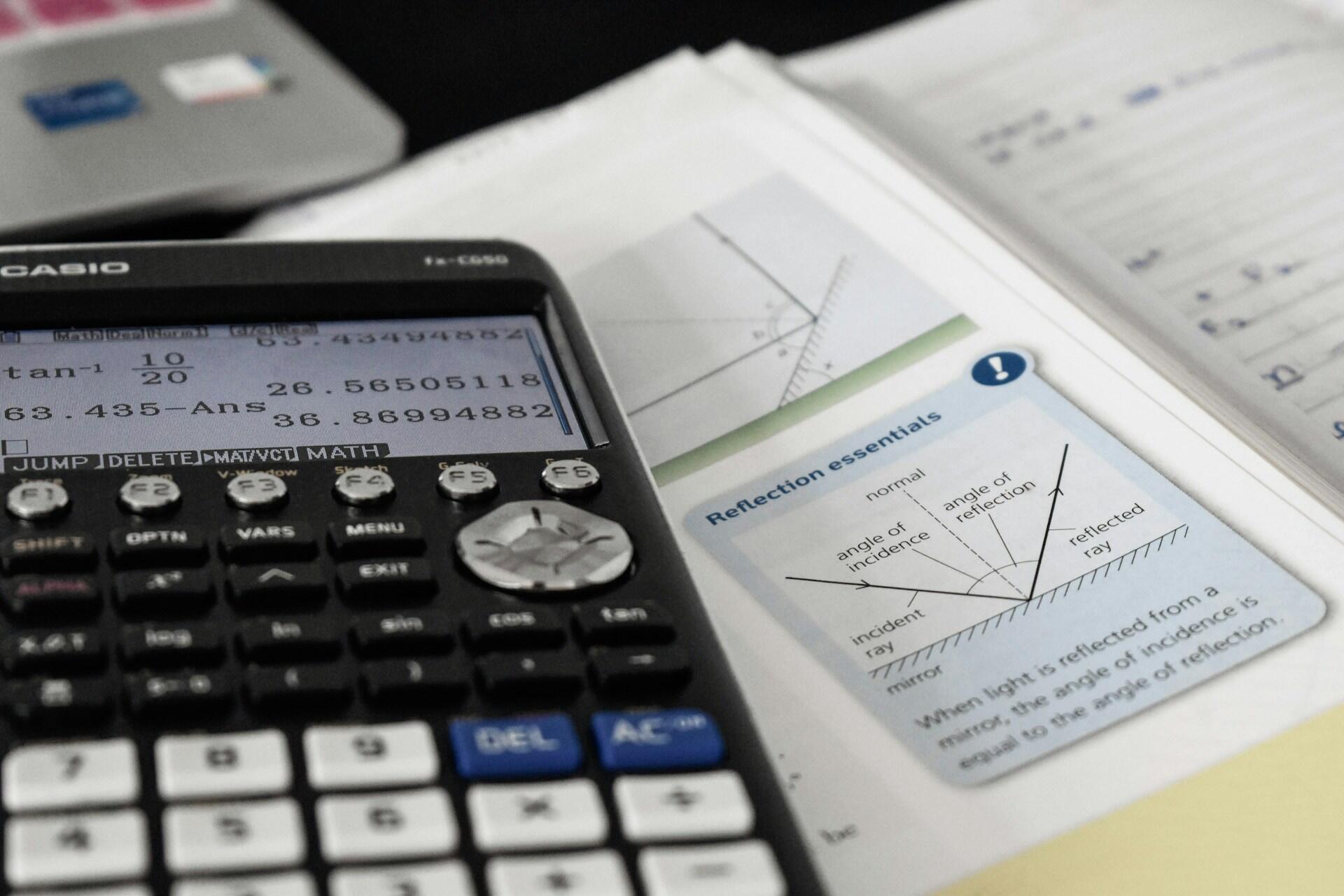
When you can, use MCAT past papers, sample materials, and practice questions to prepare yourself. Make it so that you answer the questions in an environment as close to the real thing as possible.
As you get closer to your exam, you'll want to do complete practice exams so that you get a better feel for how long it takes you to answer questions, how you can best manage your time, and what it feels like to concentrate during the whole exam.
Study Habits, Wellbeing, and Staying Focused
A healthy body and mind are the best ways to get the most out of your exam performance. Eat well, exercise, and get enough sleep. Sleep is vital as it aids memory, and you'll find studying much more effective if you have a good sleep schedule. While it can be tempting to cram or stay up late to spend more time learning, you'll actually find this to be less effective than studying little and often and getting a good night's rest.
Diet is essential, too, and eating healthy foods rather than unhealthy snacks is better for your brain. Physical exercise can help you feel more energised and can also be used to break up the monotony of more extended study periods. It's also a good idea to get up and walk around regularly when you study.
Time Management Tips for the MCAT
It's a good idea to split your time across each question and give yourself time at the end to check over your answers. Allocate an appropriate amount of time per question, as per the mark scheme. Basically, the time allocated to each question should be proportional to how many marks are available for the question. For example, spend twice as long on questions that are worth twice as many marks.
It's also wise to tackle the easiest questions first. This is a good way to quickly pick up marks, get your brain into gear, and even allow yourself more time to tackle more complex questions. Going through a bunch of easier questions and answering them is also great for your motivation. It's much easier to keep going if you find you've already answered a lot of questions, rather than being demotivated right at the start by getting stuck on a difficult question.
If you get stuck on a question, keep in mind how much time you are going to allocate to it, and make sure you move on to another unanswered question if you go over your time. As you answer other questions, you may come across something that will help you with the question you were stuck on. Some part of your brain is likely still working on the tricky question as you answer other questions, so coming back to it later may actually be in your best interest.
Keeping Yourself Motivated During MCAT Study
The best way to succeed is by managing your motivation. Set yourself small, achievable goals rather than lofty, ambitious ones. Remember that it takes time, and with regular study, you'll start to see improvements, even if they're so small you don't notice them at first. Track your progress so you can look back on what you've achieved, as this will help keep you motivated when you study for the MCAT or any of your other subjects.
Getting Help with NCEA Maths and MCAT Revision
If you need help with your MCAT or any other subject, then you should seek it out. There's no point struggling in a subject when so much help is out there. Speak to your teachers or parents, look for resources online, or even study with some of your classmates.

Common Mistakes Students Make in the MCAT (and How to Avoid Them)
When you prepare for your MCAT NCEA Level 1 exam, you need to do more than learn the algebra. Make sure you avoid the common mistakes that cost most students some easy marks. Of course, under the pressure of an exam, this is easier said than done, but being aware of them should help you.
Finding a Tutor for NCEA Level 1 MCAT Preparation
Private tutors are also an excellent way to get help with your MCAT revision. You can search for tutors online and in person on tutoring websites like ours. You can compare different tutors' profiles, see what subjects they tutor and how much they charge, and even see if they offer their first lesson for free. These free lessons are particularly useful as they allow you to try out several tutors before deciding which one is right for you, your budget, and how you like to learn.
Summarise with AI:

